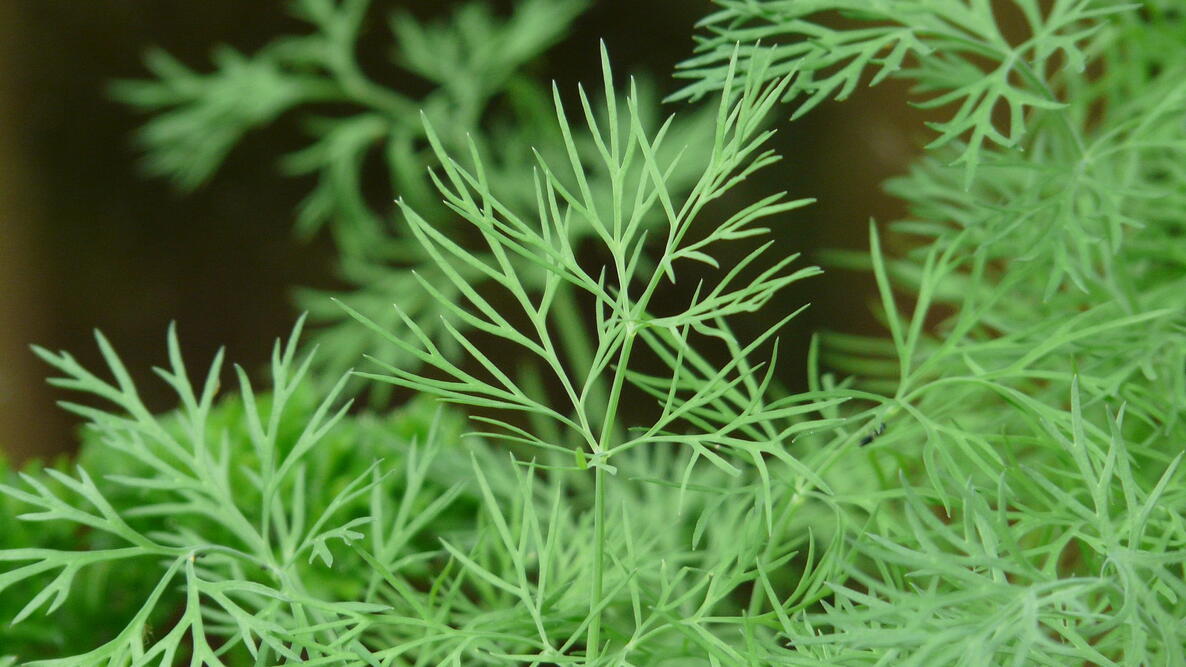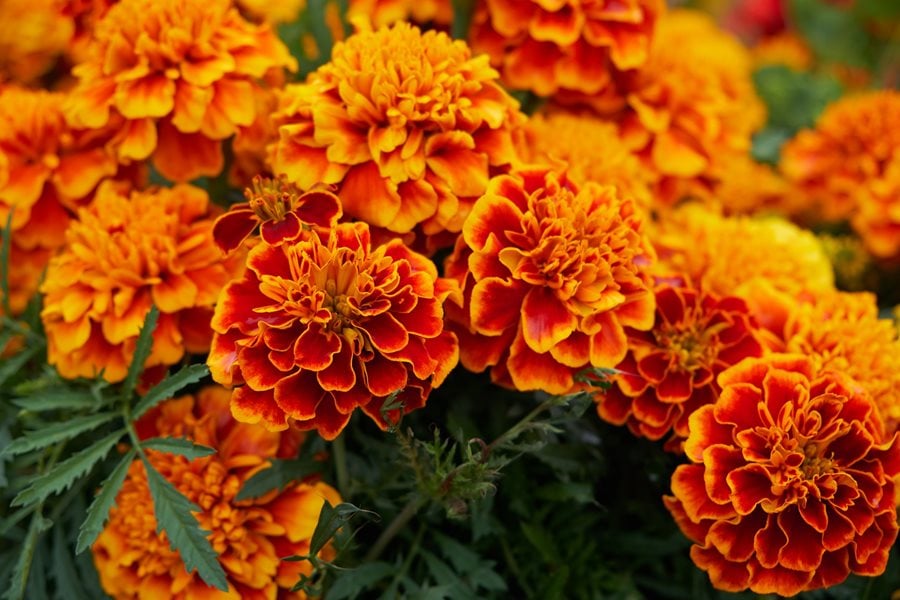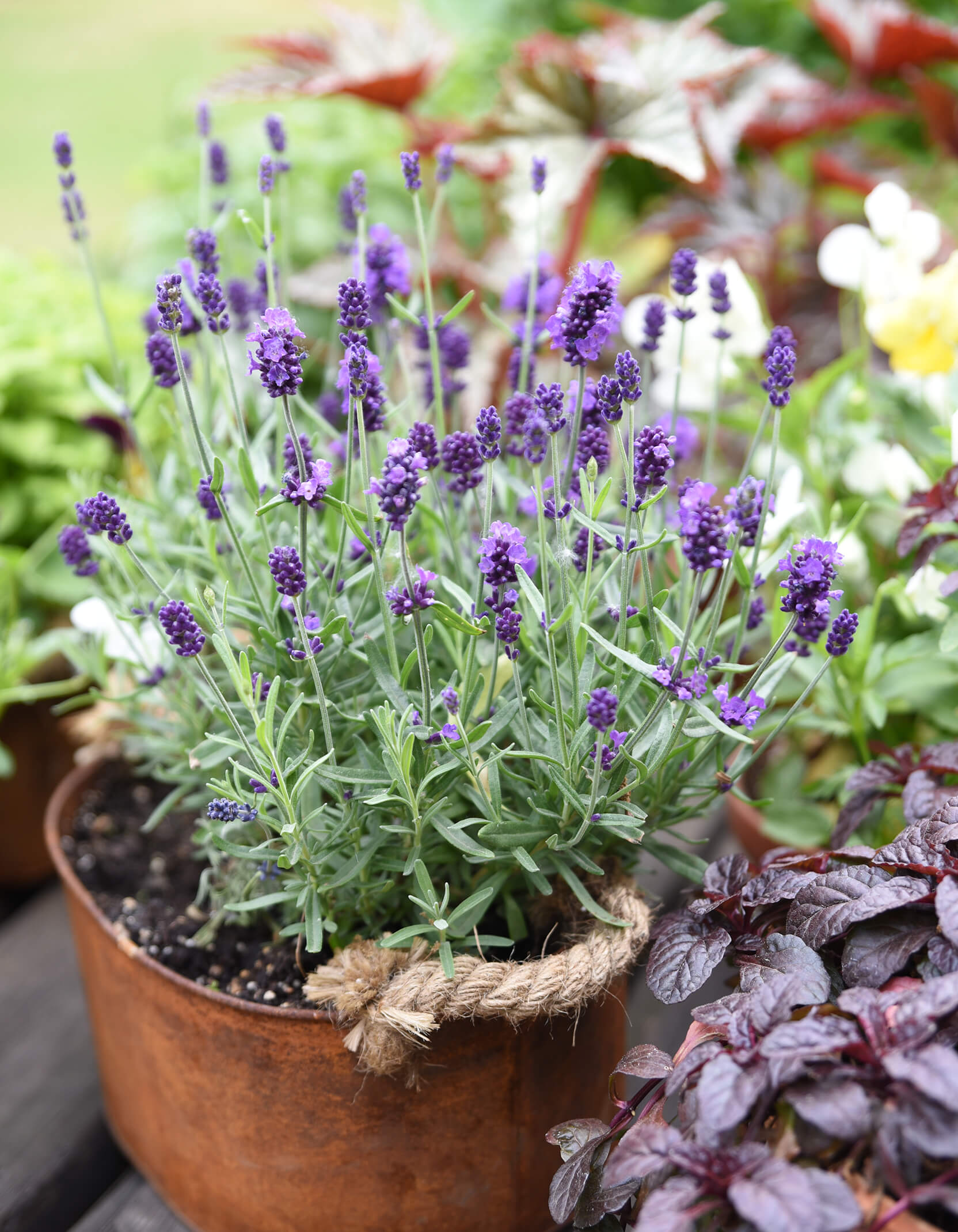The Best Lemon Balm Companions: Grow A Thriving Herb Garden
The Best Lemon Balm Companions: Grow a Thriving Herb Garden
Lemon balm is a delicious and versatile herb that can be used in a variety of dishes, teas, and infusions. It has a refreshing lemony flavor that is both calming and uplifting. In addition to its culinary uses, lemon balm also has a number of medicinal properties. It is a natural remedy for anxiety, insomnia, and indigestion.
When growing lemon balm, it is important to choose the right companions. Some plants can help to improve the growth and flavor of lemon balm, while others can actually harm it. In this blog post, we will discuss the best lemon balm companions and how to plant them together for a thriving herb garden.
What are Lemon Balm Companions?
Lemon balm companions are plants that benefit each other when they are grown together. These plants can help to improve the growth, flavor, or pest resistance of lemon balm. Some of the best lemon balm companions include:
- Basil: Basil is a great companion for lemon balm because it helps to repel pests such as aphids and whiteflies. It also has a strong scent that can help to mask the smell of lemon balm, which some people find overpowering.
- Dill: Dill is another great companion for lemon balm because it helps to attract pollinators. This is important because pollinators help to pollinate lemon balm flowers, which leads to more seeds.

- Marigolds: Marigolds are a popular companion plant for many herbs because they help to repel pests. They also have a strong scent that can help to mask the smell of lemon balm.

- Lavender: Lavender is a beautiful and fragrant herb that can help to improve the flavor of lemon balm. It also has a calming effect, which can help to counteract the stimulating effects of lemon balm.

- Chamomile: Chamomile is another calming herb that can help to improve the flavor of lemon balm. It also has medicinal properties that can help to relieve anxiety and insomnia.
How to Plant Lemon Balm with Companions
When planting lemon balm with companions, it is important to choose plants that have similar sun and water requirements. Lemon balm prefers full sun and moist soil. It is also important to plant lemon balm with companions that are not too tall, as they can shade out the lemon balm.
To plant lemon balm with companions, simply dig a hole that is large enough to accommodate all of the plants. Mix some compost or manure into the soil to improve drainage and fertility. Plant the lemon balm in the center of the hole and then plant the companions around it. Water the plants well and mulch around them to help retain moisture.
Conclusion
By planting lemon balm with the right companions, you can create a thriving herb garden that is both beautiful and productive. The plants listed above are just a few of the many great lemon balm companions. With a little experimentation, you can find the perfect companions for your lemon balm plants.
Lemon balm is a versatile herb that can be used for a variety of purposes, including cooking, medicinal uses, and attracting pollinators. It is also a great companion plant for other herbs and flowers.
Some of the best companion plants for lemon balm include:
- Dill: Dill helps to repel pests from lemon balm, and the two plants also complement each other's flavors.
- Basil: Basil and lemon balm both have strong aromas that can deter pests. They also make a delicious combination in pesto.
- Squash: Squash plants benefit from the nitrogen-fixing bacteria that live in the roots of lemon balm.
- Broccoli: Broccoli is a heavy feeder, and lemon balm can help to improve the soil quality around it.
- Cabbage family: The cabbage family, which includes broccoli, cauliflower, and kale, can all benefit from the insect-repelling properties of lemon balm.
If you are looking for more information about lemon balm companion plants, I recommend visiting Garden Wiki. This website has a wealth of information about lemon balm, including a list of its best companion plants.
FAQ of lemon balm companion
Q1: What is a companion plant?
A companion plant is a plant that is beneficial to another plant when they are grown together. Companion plants can help to repel pests, attract pollinators, improve soil quality, and even enhance the flavor of fruits and vegetables.
Q2: Is lemon balm a companion plant?
Yes, lemon balm is a good companion plant for many other plants. It is especially beneficial for plants that are susceptible to pests, such as cabbage, broccoli, and cauliflower. Lemon balm can also help to attract pollinators, such as bees and butterflies.
Q3: What are some good companion plants for lemon balm?
Some good companion plants for lemon balm include:
- Dill
- Basil
- Squash
- Broccoli
- Cabbage family
- Cauliflower
- Hollyhocks
- Melons
- Angelica
- Nasturtiums
- Squash
- Tomatoes
Q4: What are some benefits of planting lemon balm with other plants?
There are many benefits to planting lemon balm with other plants. Some of these benefits include:
- Repels pests: Lemon balm can help to repel pests, such as cabbage moths, aphids, and spider mites.
- Attracts pollinators: Lemon balm can attract pollinators, such as bees and butterflies.
- Improves soil quality: Lemon balm can help to improve soil quality by attracting beneficial insects and decomposing organic matter.
- Enhances flavor: Lemon balm can enhance the flavor of fruits and vegetables when it is grown nearby.
Q5: How do I plant lemon balm with other plants?
When planting lemon balm with other plants, it is important to consider the size and growth habit of each plant. Lemon balm can spread quite aggressively, so it is important to plant it with plants that will not be crowded out. It is also a good idea to plant lemon balm in a location where it will receive full sun.
Image of lemon balm companion
- Image 1: Lemon balm and basil. This is a classic combination that is often used in cooking. Basil helps to enhance the lemony flavor of lemon balm, and lemon balm helps to repel pests from basil.

- Image 2: Lemon balm and lavender. These two herbs have similar growing requirements and they complement each other's flavors. Lavender helps to repel pests from lemon balm, and lemon balm helps to attract pollinators to lavender.

- Image 3: Lemon balm and tomatoes. Lemon balm helps to deter pests from tomatoes, such as whiteflies and aphids. It also helps to improve the flavor of tomatoes.
- Image 4: Lemon balm and nasturtiums. Nasturtiums help to attract pollinators to lemon balm, and they also help to deter pests.

- Image 5: Lemon balm and chamomile. Chamomile helps to repel mosquitoes and other pests, and it also helps to calm the nervous system. This can be a helpful combination if you are using lemon balm for its medicinal properties.
Post a Comment for "The Best Lemon Balm Companions: Grow A Thriving Herb Garden"